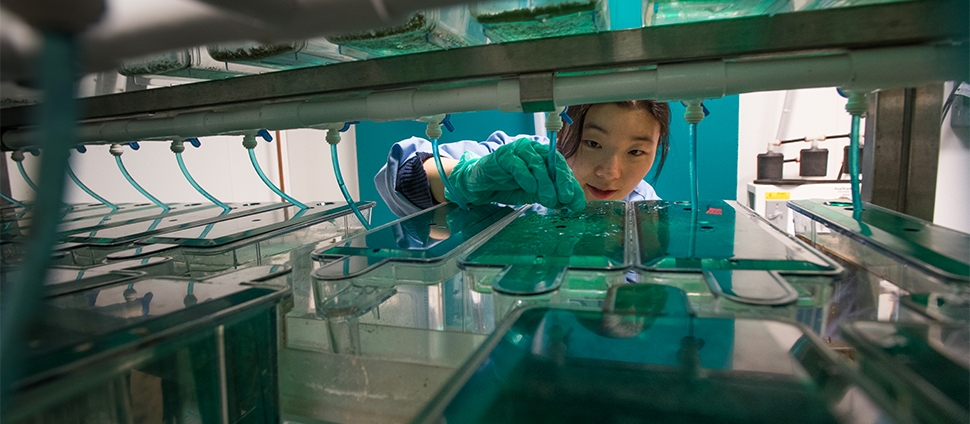Document Type
Article
Publication Date
10-15-2009
Publication Title
Journal of Infectious Diseases
Abstract
Background. It is increasingly recognized that host genetic factors may play an important role in determining the outcome of filarial infections. To test this hypothesis in bancroftian lymphatic filariasis, pedigree data were collected twice during an 18-year period from an isolated Polynesian population living on a Pacific island where lymphatic filariasis is endemic. Methods. Using variance-component analysis, we examined the contribution of shared genetic and environmental effects on host clinical and immune responses to filarial infection, along with potential confounding determinants. Results. Sex was found to have a negligible influence on heritability estimates, but shared-household effects accounted for up to 32% of host variability. After accounting for these shared-household effects, heritability estimates suggested that levels of microfilariae and circulating adult worm antigen, as well as host eosinophil and immunoglobulin G antibody responses to larval and adult worm antigens, were highly heritable (range of heritability estimates, 0.15-0.84). Conclusions. These data provide evidence of a key role for genetic factors in determining the host response to filarial infections in humans and emphasize the complexity of the relationships among the host, parasite, and environment.
Volume
200
Issue
8
First Page
1271
Last Page
1278
DOI
10.1086/605844
ISSN
00221899
Rights
©2009 by the Infectious Diseases Society of America. All rights reserved.
Version
Version of Record
Recommended Citation
Cuenco, Karen T.; Ottesen, Eric A.; Williams, Steven A.; Nutman, Thomas B.; and Steel, Cathy, "Heritable Factors Play a Major Role in Determining Host Responses to Wuchereria bancrofti Infection in an Isolated South Pacific Island Population" (2009). Biological Sciences: Faculty Publications, Smith College, Northampton, MA.
https://scholarworks.smith.edu/bio_facpubs/165


